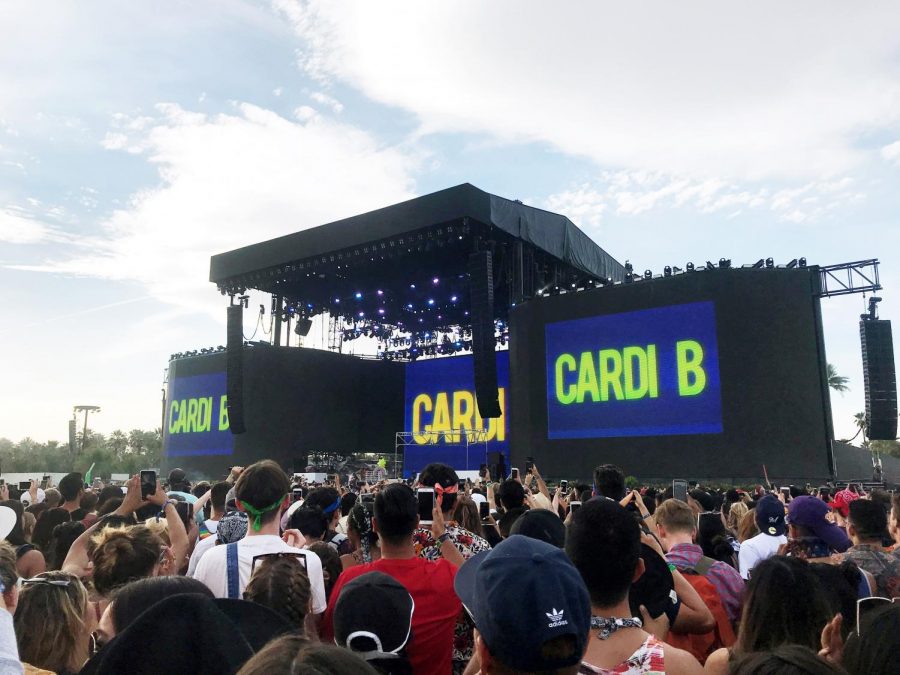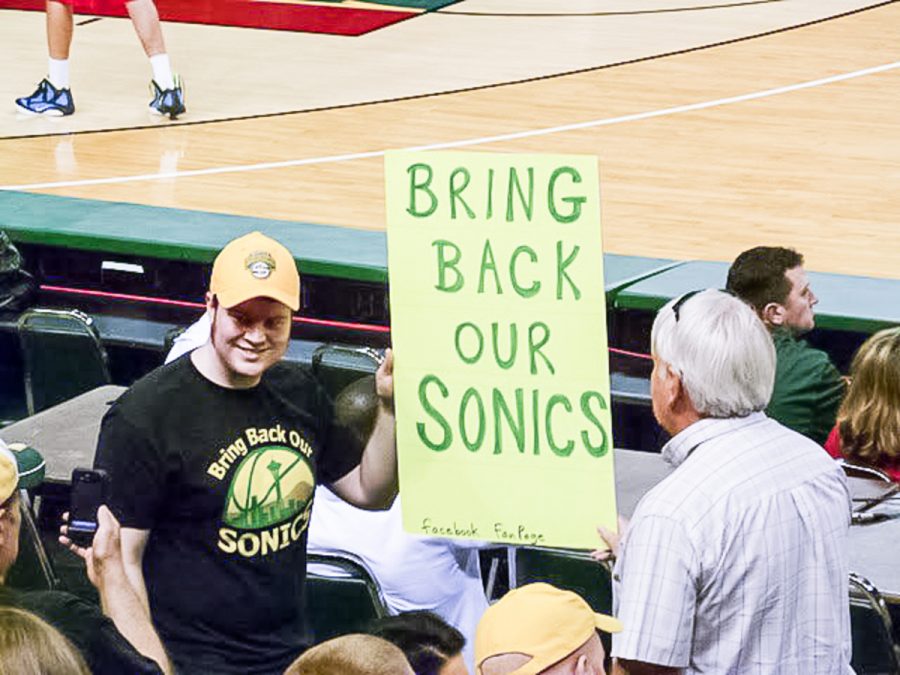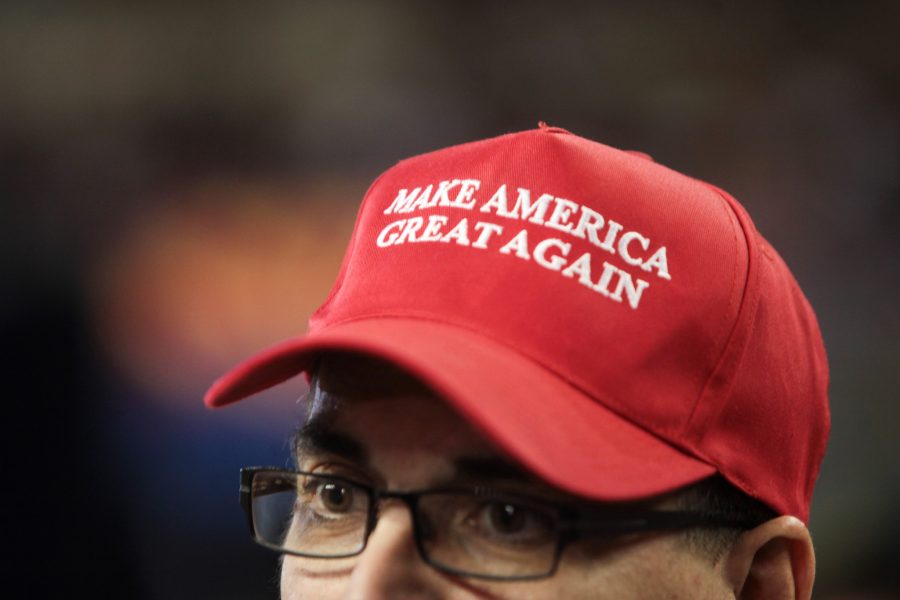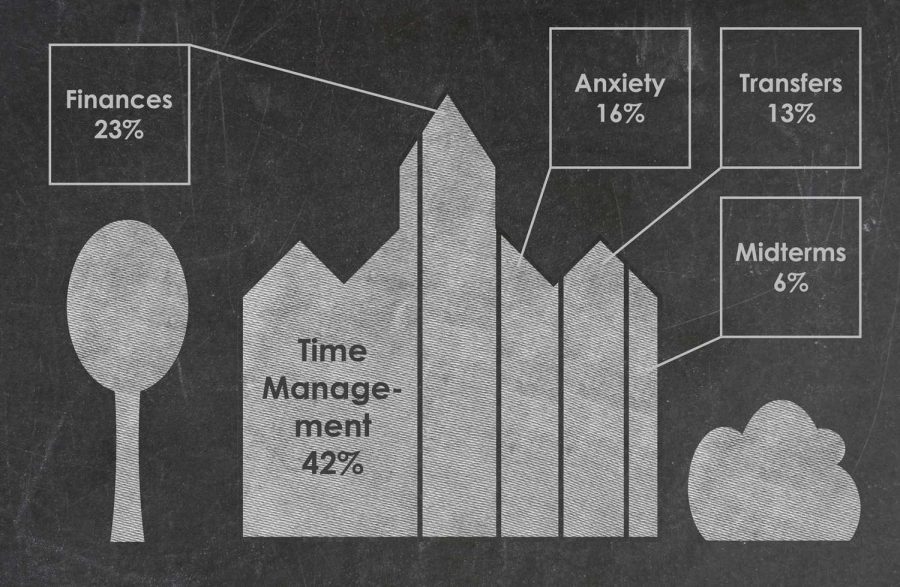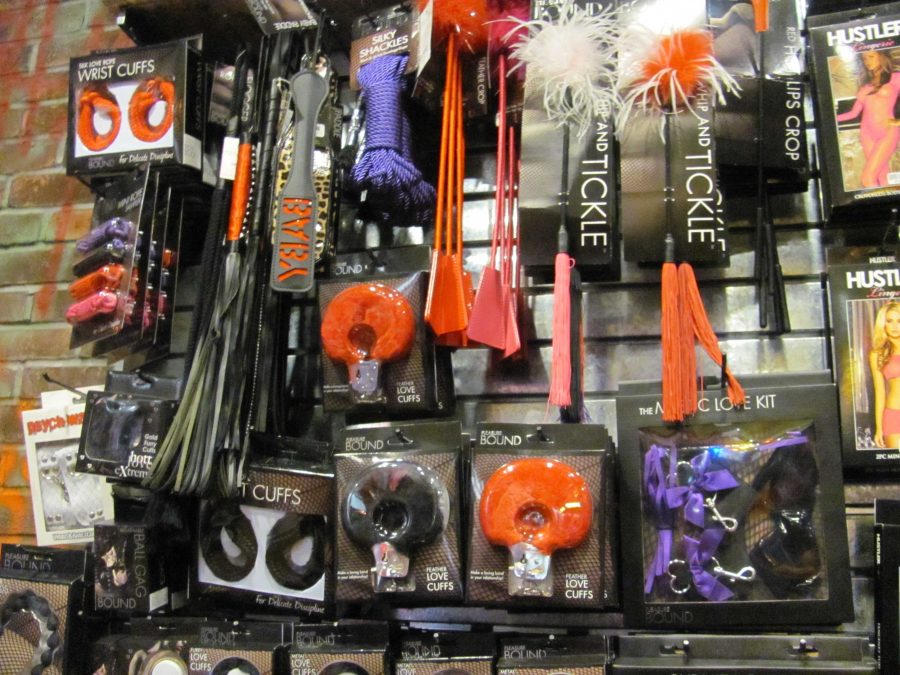Proposition 19 has lofty goals. Through the legalization of marijuana, supporters say that California can end an international drug war, dramatically reduce the state deficit, and better protect our children from drugs. Of course this all sounds wonderful, but Prop 19 won’t accomplish any of this.
The vote on November 2 shouldn’t be a referendum on whether or not Californians enjoy smoking pot, or even about whether marijuana should be a legal drug. It should be a vote against a law that will not work.
Prop 19 supporters’ most compelling assertion is that legalizing marijuana and controlling the market would decimate the income of the Mexican drug cartels. The White House estimates that up to 60 percent of the cartels’ profits come from marijuana sales. These cartels have begun a full-fledged drug war in Mexico which has claimed thousands of lives on both sides of the border. From a foreign policy perspective, taking over the marijuana market is a smart move, and I agree with this point.
James Gray, a retired Orange County Superior Court judge provides a different and more dubious rationale for the passage of Prop 19: Californians can save up to a billion tax dollars currently spent on a failed drug war and make even more by selling marijuana themselves. Marijuana is the state’s biggest cash crop; why not get in on the action?
Even if we sidestep the key question of whether we want marijuana sold as freely as liquor, legalizing a drug to raise money sets an ominous precedent. It’s not inconceivable that other profitable drugs could follow in Prop 19’s footsteps—after all, the same logic applies.
Prop 19 advocates like Gray also claim that children would be less exposed to marijuana if the product is controlled and regulated by the government.
Now, let’s imagine that marijuana is legal. The price is lowered to drive illegal dealers out of business (which would cut into tax gains, by the way). Naturally, demand for the cheap marijuana increases and more people begin to use it. Simple economics. Just ask Judge Gray; he calls it the “Holland effect.”
More users means more marijuana in more homes, more older brothers with marijuana, and more children with access to it in their own house. Call it the “liquor cabinet effect.” Let’s not be naïve. Children will have easier access to it if it’s legal.
Prop 19 is also shoddy lawmaking. As the LA Times and Ventura County Star have noted, there are simply too many loopholes and oversights. Enforcement would be a nightmare: regulation could vary considerably from city to city and police would be more burdened by the new marijuana laws than the old ones. Employers could be put in the unenviable position of having workers smoking on the job and having to prove that it affects their productivity.
And finally, let’s not forget to mention that Prop 19 is itself, an illegal proposition.
The Controlled Substances Act passed by Congress in 1970 outlaws marijuana. The Supremacy Clause of the US Constitution would completely nullify Prop 19 immediately if it is passed into law. Ten former DEA administrators sent a letter to the attorney general in August to highlight this fact and remind him that he can and should declare Prop 19 null and void if it is passed and that anyone selling marijuana will be prosecuted.
Simply put, Prop 19 cannot deliver on its promises. It might raise money, but with steep consequences. It will make marijuana more available to children, and it can’t even end the international drug war, because the law itself is illegal!
Sorry Cheech, I vote no on Prop 19.

